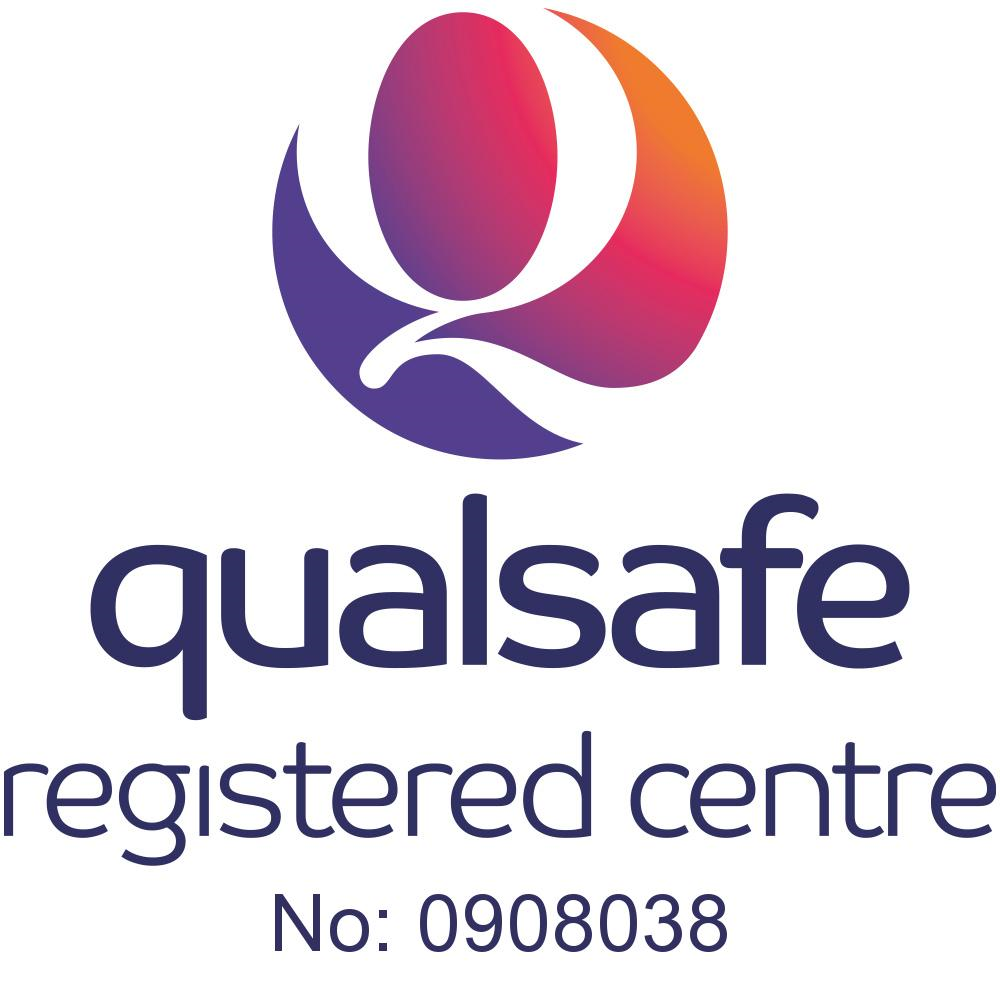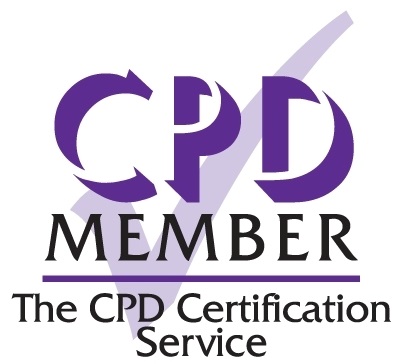Record Keeping
Learning Outcomes
- Explain the importance of accurate and consistent record keeping in professional practice.
- Identify different types of records used in health and social care settings.
- Outline relevant legislation and regulatory requirements related to record keeping.
- Describe how confidentiality, data protection, and ethical principles impact record keeping.
- Recognise the consequences of poor record keeping and strategies to prevent errors.
- Demonstrate best practices for creating, storing, and maintaining professional records.
Aim
The aim of this course is to equip learners with the knowledge and skills to maintain accurate, clear, and professional records, ensuring compliance with legal and regulatory requirements while supporting effective care and service delivery.
Why Customers would Benefit from the Record Keeping Training Course?
Improved Accuracy and Accountability
Learners gain the skills to record information clearly and consistently, reducing errors and supporting accountability.
Compliance with Legal and Regulatory Standards
Staff understand record-keeping requirements under laws such as GDPR and CQC guidelines, helping organisations stay compliant.
Enhanced Professional Practice
Proper record keeping supports communication, care planning, and decision-making, improving overall service quality.
Protection of Service Users and Staff
Accurate and confidential records safeguard service users’ rights and protect staff from potential disputes or legal issues.
Confidence in Documentation
Learners feel confident documenting observations, incidents, and care interventions accurately and appropriately.
Prevention of Errors and Miscommunication
The course helps prevent misunderstandings, mistakes, and gaps in care through effective record-keeping practices.
Supports Organisational Reputation
Demonstrating robust record-keeping practices enhances trust with regulators, service users, and stakeholders.

Key Benefits for Customers:
Consistent and Clear Documentation
Ensures all staff can access and understand records effectively.
Legal and Regulatory Compliance
Minimises risk of breaches or non-compliance.
Improved Communication and Care Planning
Supports continuity of care through accurate records.
Enhanced Staff Confidence and Professionalism
Staff feel empowered to manage documentation effectively.
Safeguards Against Risk
Protects both the organisation and service users from potential errors or misunderstandings.
Let’s Talk About Your Training Needs
Our friendly team is ready to help you build the right training solution for your care setting.
Record Keeping
Course
Record Keeping
Level
2
Practical
No
Duration
2-3 Hours
Certificate Length
2 Years
Number of Delegates
12
What Our Customers Say About Us

Registered Manager
Residential Care Home

Domiciliary Care Provider
Residential Care Home


